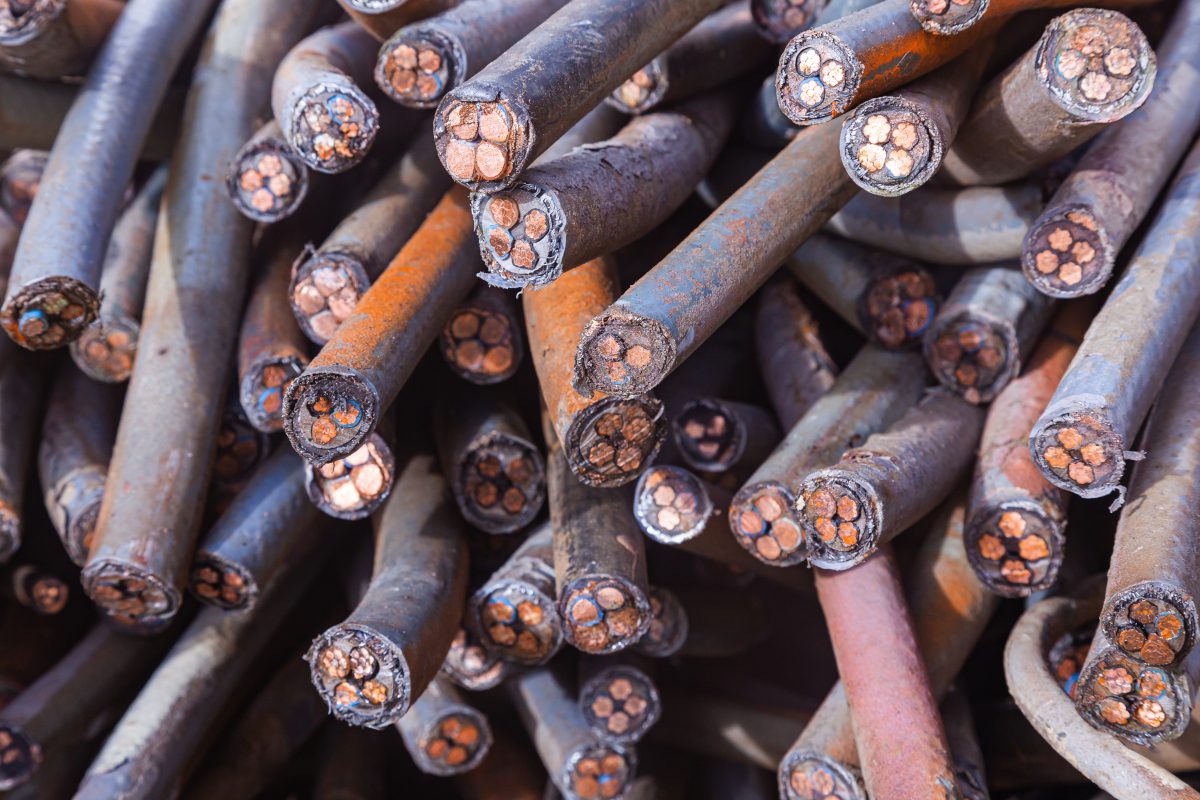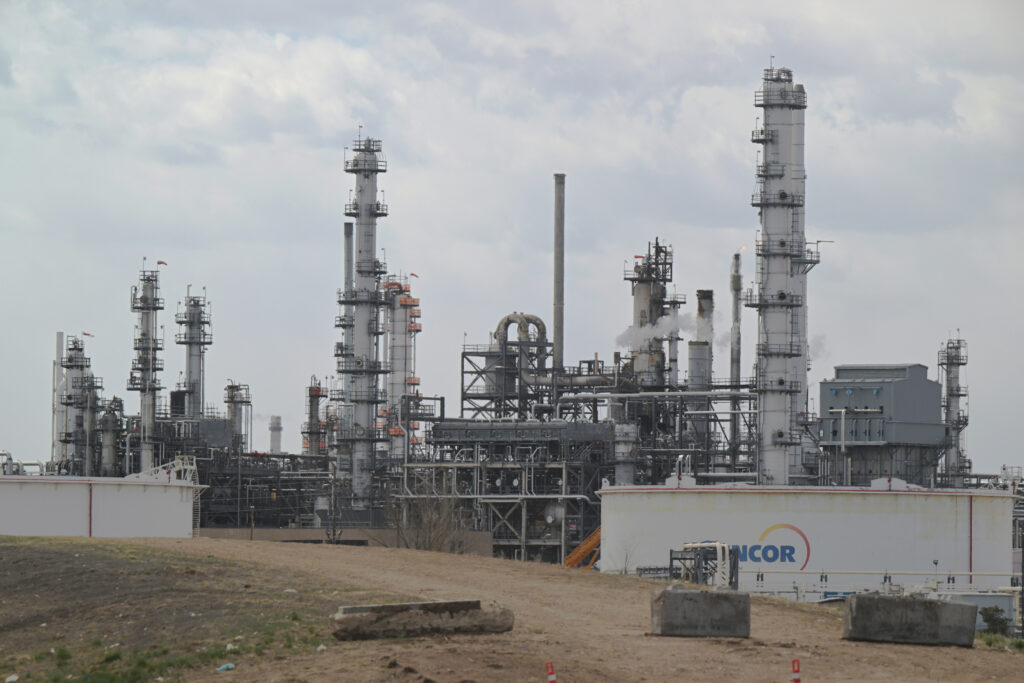The total amount of household waste generated in Scotland in 2023 was 2.3 million tonnes, a drop of 1.1% from 2022, according to Scottish Environment Protection Agency (SEPA) statistics published on 29 October.
This is also the lowest amount of household waste generated since the start of the current recording period in 2011. Of this, 43.5% was recycled, a 0.2% increase from 2022.
Scottish household waste landfilled in 2023 was 409,000 tonnes, a decrease of 177,000 tonnes (30.2%) from 2022, continuing a long-standing downward trend, in SEPA’s analysis, with a 71.9% reduction in household waste landfilled since 2011.
The amount of household waste managed by other means (diverted from landfill) was 894,000 tonnes, a 21.6% increase on 2022. Most of this was managed by incineration (746,000 tonnes, 83.5%).
The total quantity of waste landfilled in Scotland in 2023 was 2.0 million tonnes, a decrease of 14.8% from 2022. This continues a long-term trend, with a reduction of 5.1 million tonnes since 2005, and is the lowest annual amount on record of waste landfilled since then.
Most of the decrease was due to a reduction in household and similar waste and soils. The reduction in household and similar wastes comes as the waste management sector is preparing for the 2025 ban of biodegradable municipal waste to landfill.
The total quantity of waste incinerated in Scotland in 2023 was 1.62 million tonnes, an increase of 15.4% from 2022. Household and similar wastes represented 33.8% of the total waste incinerated in Scotland.
Over one third of waste incinerated was in facilities that applied for and were accredited with the R1 energy efficiency criteria, a certification applied to waste facilities that primarily use waste as a fuel for generating energy, ensuring that the incineration process is classified as recovery rather than disposal. R1-certified facilities achieve specific energy efficiency levels, making waste incineration a putatively sustainable option by maximizing energy output relative to the waste used.
Carbon impact of Scottish household waste
The Scottish carbon metric quantifies the whole-life impact of resources. A measure of national performance, the metric attempts to take a holistic view, spanning resource extraction and manufacturing emissions, through to waste management emissions. This is measured in carbon dioxide equivalent (CO2e).
The carbon impact of Scottish household waste generated and managed in 2023 was 5.4 million tonnes of carbon dioxide equivalent (CO2e), which equates to 0.98 tonnes of CO2e per person.
This was a decrease of 3.2% from 2022 and represents the lowest carbon impact of household waste generated and managed since reporting began in 2011 with the introduction of the Scottish Government’s Zero Waste Plan.
Circular Economy (Scotland) Act 2024
The Scottish Government’s Circular Economy Act, which received Royal Assent in August 2024, establishes the legislative framework to support Scotland’s transition to a zero waste and circular economy, with the likelihood that it will significantly increase reuse and recycling rates, and modernise and improve waste and recycling services.
The draft route map proposes policy initiatives with a specific focus on delivering a system-wide circular economy across Scotland, accelerating sustainable use of resources and reducing emissions associated with waste and resources, and will be published later this year.
“Scotland has ambitions for a circular economy where more of the materials produced and consumed in Scotland are re-used, recycled and remanufactured in Scotland, creating a range of environmental, economic and societal benefits,” says SEPA,
Jo Zwitserlood, Head of Energy, Industry and Materials at SEPA, commented:”We’ve all got a role to play – the consumption of products and use of materials touches on every one of us. We’re making positive steps towards lowering the carbon impact of Scotland’s household waste and seeing lower amounts of waste generated and disposed of to landfill, which is key to addressing the environmental impact of waste management.
“At SEPA we continue to play our part in helping Scotland transition to a circular economy, working collaboratively with Scottish Government, Zero Waste Scotland, Scottish Councils, and Scotland’s reprocessing and waste management sector.”
Iain Gulland, Chief Executive at Zero Waste Scotland, said: “When we all work together we can make a real difference, so it’s extremely welcome to see the efforts of people at home reflected in SEPA’s latest data – with household waste at its lowest level in over a decade and recycling rates continuing to climb.
“Waste reduction and recycling are integral to Scotland’s circular economy vision, and the latest data shows we’re making great progress. Let’s keep that momentum going and strive towards a more sustainable future for Scotland we can all be proud of.”

















